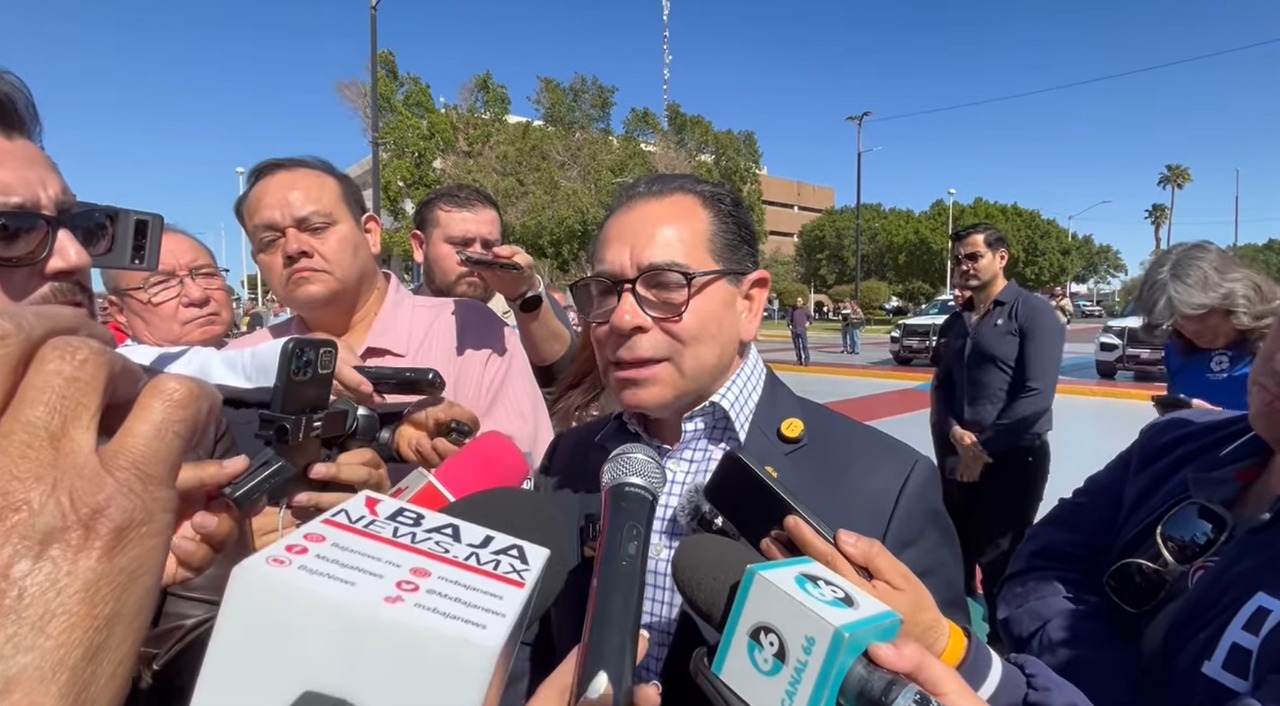African Americans in California could receive compensation
CALI - BAJA
29-06-2023

Picture: Associated Press
Publicado: 29-06-2023 18:40:09 PDT
Actualizado: 29-06-2023 18:40:31 PDT
Compensations could come for Afroamericans in Californians who are descendants of those enslaved in the United States
The California Reparations Task Force publicly released its final report in Sacramento on Thursday, presenting an extensive list of recommendations aimed at state legislators.
These recommendations are intended to establish a plan to compensate eligible African Americans for the financial losses resulting from slavery and decades of institutional racism.
The task force's report goes beyond cash payments for eligible individuals, proposing radical policy changes at the state level. These changes seek to compensate Black Californians for the long-standing damages and generational wealth loss caused by housing discrimination, excessive surveillance and mass incarceration, devaluation of Black-owned businesses, and unjust property seizures through eminent domain, among other harms.
During the report presentation, Lisa Holder, a civil rights attorney and member of the task force, emphasized the importance of addressing the world's greatest crime against humanity and challenged the existence of a statute of limitations on this issue.
Task force members stressed that the consequences of slavery on African Americans persist throughout the state.
During Thursday's public hearing, an individual urged the audience to chant, "What do we want? Reparations!" and "When do we want it? Now!"
The next step in California involves the state legislature and Governor Gavin Newsom considering the task force's recommendations and crafting bills to advance the reparations issue.
However, eligible individuals will not be able to receive compensation until at least 2024. State Senator Steven Bradford, who is also a task force member, stated that it is likely to take one or two legislative cycles before a bill is enacted.
The proposals put forth by the task force are part of a nationwide call for reparations for African Americans in response to persistent racial disparities in the United States. This call gained momentum following the murder of George Floyd, an African American man, by a white police officer in Minneapolis in May 2020. It is worth noting that the final recommendations were published on the same day that the U.S. Supreme Court blocked the use of race-based admissions to promote diversity on the campuses of Harvard University and the University of North Carolina.
California is pursuing compensation for African Americans, taking into account multiple factors such as the legal and factual discrimination faced by freed slaves and their descendants from the end of the Civil War to the present day. This includes economic, political, educational, and social discrimination, as well as the persistent negative effects of slavery on African Americans and society at large, both in California and across the United States, as mentioned in a preliminary draft of the report.
Regarding the amount of money eligible individuals could receive, the final report provides different estimates based on the damages suffered. For instance, it suggests an estimated $13,619 per year of residency in California to compensate for healthcare disparities, considering a life expectancy of 71 years. It also proposes an estimated $115,260, or $2,352 per year of residency in the state between 1971 and 2020, to address mass incarceration and excessive surveillance of African Americans.
In summary, the final report of the California Reparations Task Force has been released, presenting a series of recommendations to compensate eligible African Americans for financial losses resulting from slavery and institutional racism. These recommendations encompass policy changes at the state level and are expected to be considered by the state legislature and governor. However, actual compensation is not expected to be implemented before 2024. This was published on the USA Today website.

Cali - Baja
hace 1 hora
El evento se llevó a cabo en el edificio del Poder Ejecutivo ..

Cali - Baja
hace 2 horas
Ampudia defendió el primer lugar a lo largo del recorrid0 ..

Deportes
hace 2 horas
Antes de iniciar las carreras, las y los participantes realizaron un recorrido de reconocimiento y c ..

Policiaca
hace 2 horas
De acuerdo con la versión proporcionada por la parte quejosa, el sujeto que vestía con camisa gris, ..

Cali - Baja
hace 2 horas
No se permitirá el consumo de bebidas alcohólicas en la vía pública ..

Deportes
hace 3 horas
El tercer juego de la serie entre San Diego y Chicago será este domingo ..

